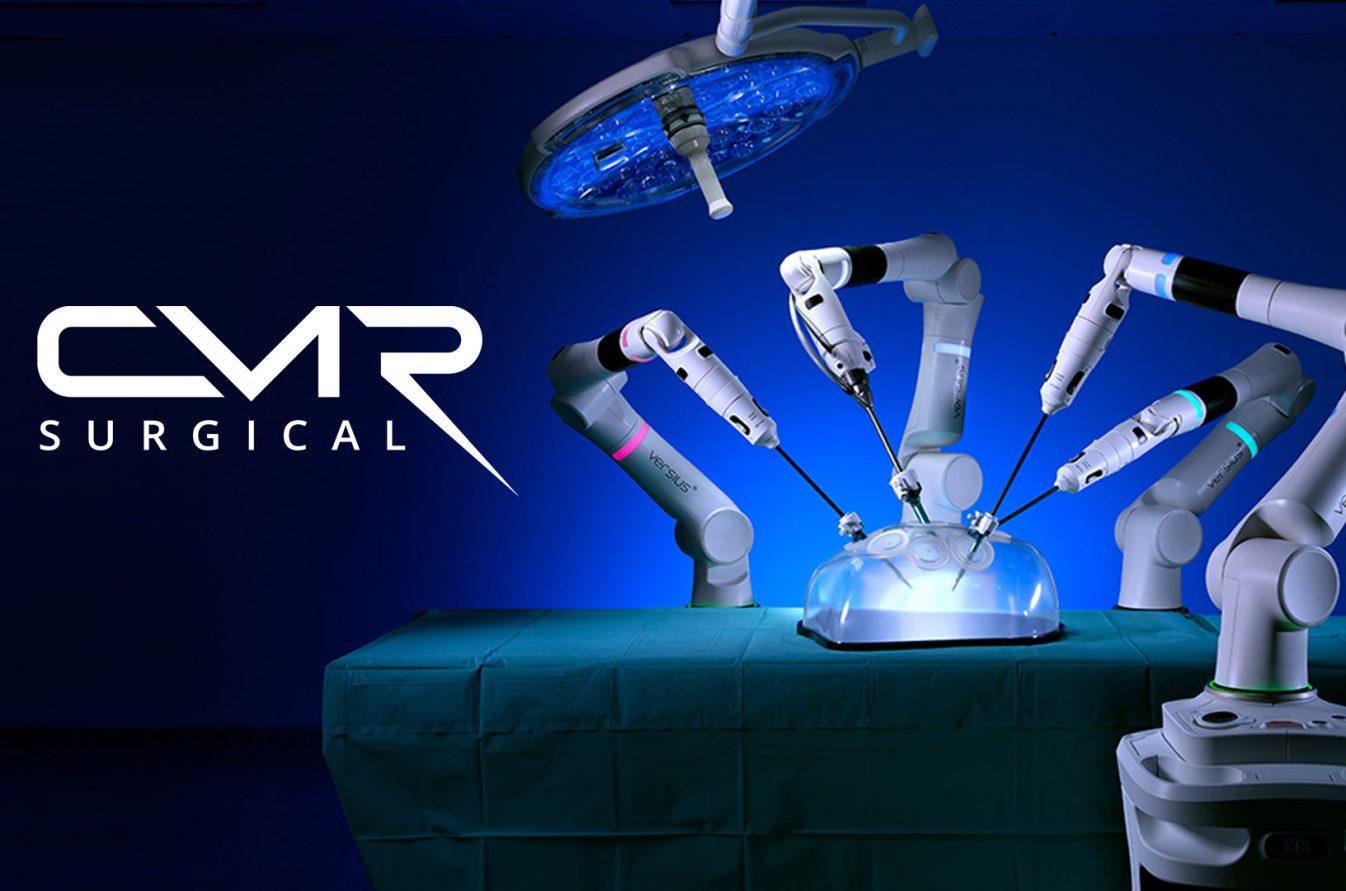A major hospital in Taiwan is making headlines by becoming the first in the country to use three different types of AI-powered medical robots. MacKay Memorial Hospital worked with technology company Ubitus to create these smart machines that can help patients, move medical supplies, and keep the hospital safe.
The project was announced at a major technology conference in Taiwan this week, showcasing how artificial intelligence is changing healthcare.
Meet the Three Robot Helpers
The Patient Helper Robot
The first robot looks like a mobile assistant that rolls around the hospital. It acts like a friendly guide for patients who might be lost or confused. The robot can help people find their way to appointments, chat with them to keep them company, and even help with registration paperwork. Hospital staff say it makes patients feel more comfortable and less stressed.
The Heavy Lifting Robot
The second robot looks more like a person, with two arms that can pick up and carry things. This "humanoid" robot is designed to transport medical samples and supplies around the hospital without needing human help. It can work in areas where no staff are present, making the hospital run more efficiently.
The Safety Inspector Robot
The third robot walks on four legs like a dog and has a very important job - checking dangerous areas that might be risky for humans. It can detect gas leaks, check temperatures, and find water damage. The robot sends real-time information back to hospital staff so they can fix problems quickly and keep everyone safe.
Smart Technology Behind the Robots
All three robots use advanced computer chips made by NVIDIA, a company known for artificial intelligence technology. The robots can understand and speak multiple languages, making them useful for Taiwan's diverse population.
Each robot also has a virtual assistant feature with customizable digital characters that can provide emotional support and health education to patients. This helps create a more caring environment in what can often be a stressful hospital setting.
Wesley Kuo, CEO of Ubitus, said his company was "honored to partner with MacKay Memorial Hospital" and noted that this makes MacKay "the first smart hospital in Taiwan" to use this advanced technology.
How They Tested the Robots
Before putting the robots to work with real patients, the companies used virtual reality simulations to test everything. They created digital copies of hospital rooms and hallways to train the robots and work out any problems. This approach saved time and money while making sure the robots would work properly when deployed.
The testing phase also helped hospital staff learn how to work alongside their new robotic colleagues before the robots started interacting with patients.
Real Results
Hospital workers say the robots are already making a difference. Staff report that their workload has decreased and they can focus more on patient care instead of routine tasks like moving supplies or giving directions.
Patients seem to appreciate the robots too, especially the friendly helper robot that can chat with them and provide companionship during what might be a lonely or scary hospital visit.
What's Next
Dr. Chia-Shiang Lin, president of MacKay Memorial Hospital, said the hospital is "proud to collaborate with Ubitus in bringing AI and robotics" to their facility. He noted that the partnership "enhances patient service quality" while also improving "internal workflows and safety management."
The companies plan to expand the robot program to other parts of the hospital, including emergency rooms, patient recovery areas, rehabilitation centers, and long-term care facilities.
This project represents a growing trend in healthcare, where hospitals around the world are exploring how robots and AI can help provide better care while reducing costs and improving efficiency.
The Bigger Picture
Taiwan's healthcare system has been recognized globally for its innovation and efficiency. This robot project continues that tradition by showing how technology can be used to solve real problems in medical care.
As hospitals worldwide face challenges like staff shortages and increasing patient needs, projects like this one in Taiwan could serve as a model for how artificial intelligence and robotics might transform healthcare in the coming years.
For now, patients at MacKay Memorial Hospital can expect to encounter some very helpful robotic assistants during their visits - a glimpse into the future of medical care.


















